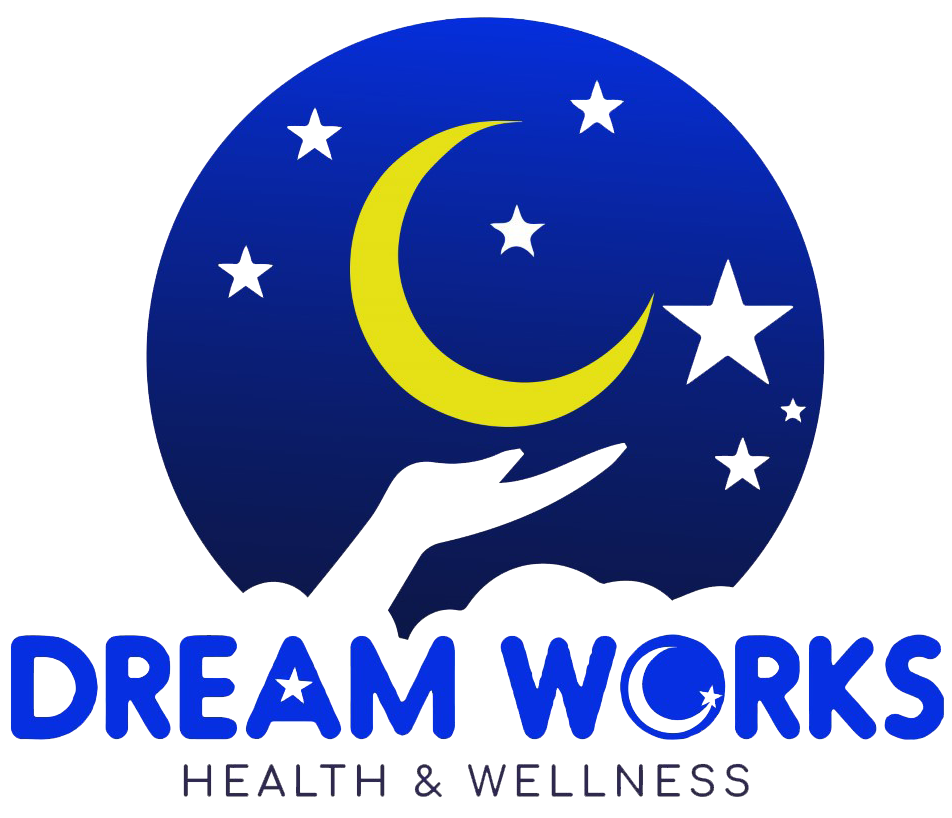FAQs
Frequently asked questions about substance abuse programs:
Blank on purpose
Your content goes here. Edit or remove this text inline or in the module Content settings. You can also style every aspect of this content in the module Design settings and even apply custom CSS to this text in the module Advanced settings.
1. What is a substance abuse program?
A substance abuse program is a structured treatment approach designed to help individuals overcome their addiction to drugs or alcohol. It includes a range of therapeutic and supportive interventions to address the physical, psychological, and social aspects of addiction.
2. Who can benefit from a substance abuse program?
Once you contact us, our admissions team will conduct a confidential assessment to better understand your situation. This assessment helps us gather important information about your substance abuse history, any co-occurring mental health conditions, and other relevant factors. The assessment is conducted in a non-judgmental and supportive manner, ensuring your privacy and dignity.
3. What types of substance abuse programs are available?
At DWHW we offer a variety of substance abuse programs, including inpatient (residential) programs, outpatient programs, therapy-based programs, and dual diagnosis programs for individuals with co-occurring mental health disorders.
4. How long does a DWHW substance abuse program typically last?
Our substance abuse program can vary widely depending on the individual’s needs and the specific program. Programs can last anywhere from a few weeks to several months, with some extended programs lasting up to a year or more.
5. What happens during a substance abuse program?
Substance abuse programs typically involve a combination of individual therapy, group therapy, educational sessions, skill-building workshops, relapse prevention training, and sometimes medical interventions for detoxification. The specific components vary based on the program type.
6. Are DWHW programs confidential?
Yes, DWHW programs prioritize confidentiality to create a safe environment for individuals seeking help. Information shared during therapy sessions and treatment is typically protected by laws and regulations to maintain privacy.
7. What is detoxification, and is it part of a substance abuse program?
Detoxification, or detox, is the process of safely managing withdrawal symptoms when someone stops using drugs or alcohol. Some substance abuse programs include a detoxification phase at the beginning to help individuals stabilize physically before moving on to therapy and treatment. DreamWorks Health and Wellness does not offer detox but we partner with several organizations that do.
8. Can I keep my job while in a substance abuse program?
Some outpatient programs are designed to accommodate individuals who need to maintain their jobs or other responsibilities while seeking treatment. Inpatient programs, which require a stay at a treatment facility, may require you to take time off work.
9. How successful are substance abuse programs?
The success of substance abuse programs varies based on individual circumstances and factors such as the program’s quality, the person’s commitment, and the presence of a strong support system. Success can be measured in terms of reduced substance use, improved mental health, and enhanced overall well-being.
10. What happens after completing a substance abuse program?
After completing the DWHW substance abuse program, individuals are often encouraged to continue with aftercare services such as ongoing therapy, support groups, and relapse prevention planning to help maintain their recovery.
11. What health insurance do you currently accept?
We accept medicaid
Frequently asked questions about mental health programs:
Blank on purpose
Your content goes here. Edit or remove this text inline or in the module Content settings. You can also style every aspect of this content in the module Design settings and even apply custom CSS to this text in the module Advanced settings.
1. What is behavioral health?
Behavioral health refers to the connection between behaviors, emotions, and overall well-being. It encompasses mental health and substance abuse services, focusing on preventing, diagnosing, and treating conditions that affect emotional and psychological well-being.
2. What is the difference between mental health and behavioral health?
Mental health specifically relates to psychological well-being and cognitive function. Behavioral health is a broader term that includes mental health but also considers behaviors that contribute to physical health and well-being.
3. What are some common behavioral health disorders?
Common behavioral health disorders include anxiety disorders, mood disorders (such as depression and bipolar disorder), attention-deficit/hyperactivity disorder (ADHD), eating disorders, substance use disorders, and schizophrenia.
4. How do I know if I or someone I know needs help for a behavioral health issue?
Look out for signs such as significant changes in mood, behavior, or daily functioning. Withdrawal from social activities, persistent sadness, excessive worry, changes in sleep or appetite, and substance abuse can all be indicators.
5. Where can I seek help for behavioral health concerns?
You can start by contacting a mental health professional, such as a psychiatrist, psychologist, therapist, or counselor. You can also reach out to your primary care physician for a referral. Many communities have mental health clinics, hospitals, and nonprofit organizations that provide services.
6. What is therapy/counseling, and how does it help?
Therapy, also known as counseling, involves talking with a trained mental health professional to address emotional and psychological challenges. Different types of therapy, such as cognitive-behavioral therapy (CBT), dialectical behavior therapy (DBT), and psychoanalysis, can help individuals better understand their thoughts, feelings, and behaviors and develop coping strategies.
7. Can behavioral health issues be treated?
Yes, many behavioral health issues are treatable with appropriate interventions. Treatment may include therapy, medication, lifestyle changes, and support from loved ones. The specific approach depends on the individual’s diagnosis and needs.
8. Is medication used in treating behavioral health disorders?
Yes, medication can be an important part of treatment for certain behavioral health disorders, particularly mood disorders and schizophrenia. Psychiatric medications can help manage symptoms and improve overall functioning. A psychiatrist is a medical doctor who specializes in prescribing such medications.
9. What can I do to maintain good behavioral health?
Prioritize self-care, maintain a healthy lifestyle through regular exercise and balanced nutrition, engage in stress-reduction activities (such as mindfulness and meditation), nurture healthy relationships, and seek professional help when needed.
10. How can I support a loved one with a behavioral health issue?
Offer your understanding and empathy, encourage them to seek professional help, and avoid judgment. Educate yourself about their condition, be patient, and provide emotional support. Remember that you’re not responsible for “fixing” them, but your support can make a positive difference.
11. What health insurance do you currently accept?
We accept medicaid
Our focus is on quality of care and service to our patients through our Core Values:
Compassion and understanding towards the clients we serve;
Acceptance of everyone’s right to compassionate care;
Respect for everyone’s unique path toward their own healing;
Empowerment for everyone to have a voice and participate in their own care;
Sincerity in how we treat each other every day.
One aspect of Dream Works Health and Wellness that truly stood out was the emphasis on holistic healing. It wasn’t just about abstaining from substances; it was about healing my mind, body, and spirit.
Alongside therapy, I received education on nutrition, exercise, and mindfulness practices that allowed me to rebuild my life from the ground up. Learning how to take care of myself physically and emotionally became an integral part of my recovery journey.
What made Dream Works exceptional was the incredible sense of community that surrounded me. I was surrounded by fellow individuals who had experienced similar struggles, and together we formed a support network that was unlike anything I had ever known. We celebrated each other’s victories, provided a shoulder to lean on during moments of weakness, and held each other accountable for our actions. It was through this community that I discovered the true power of connection and the strength that comes from shared experiences.










